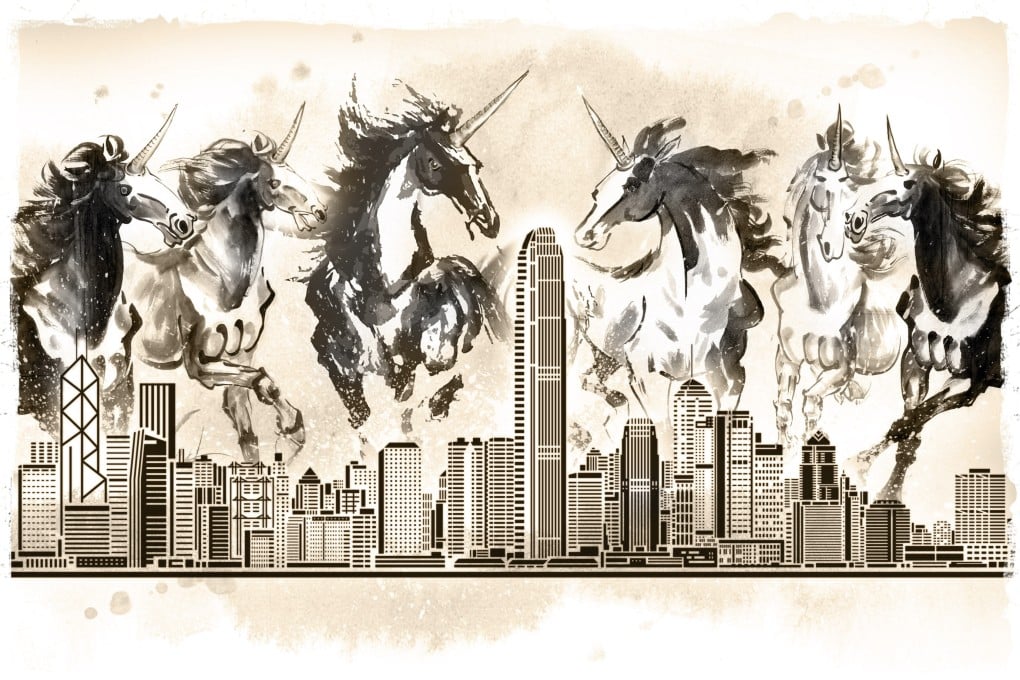Explainer | Didi and ByteDance among Top 10 IPOs by China’s billion-dollar tech start-ups to watch for in 2021
- China contributed 23 per cent of the 611 unicorns in the world, collectively worth over US$2 trillion as of March
- A record 143 mainland Chinese companies completed an IPO in the first three months of this year, amassing US$23.6 billion of funds

Hong Kong’s head of listings Bonnie Chan pointed to another blockbuster year, saying that the world’s favourite market for IPOs in eight of the past 12 years “will be as busy, if not more busy this year” than in 2020, based on the pipeline of companies queuing up to float their shares in the city during a March interview with Bloomberg.

China is the world’s second-biggest home for unicorns, as the privately owned companies worth over US$1 billion are called, after the United States. China contributed 23 per cent of the 611 unicorns in the world, collectively worth over US$2 trillion as of March, according to private markets data compiler CB Insights.
ByteDance and Didi regularly feature in lists of the planet’s most valuable companies still in private hands. A record 143 mainland Chinese companies completed an IPO in the first three months of this year, according to Refinitiv, amassing US$23.6 billion of financial firepower to grow organically or via acquisitions. The next highest volume for the first quarter was US$17.4 billion in 2010.

Regulators are on guard for some unicorns looking to jump the gun in their rush to tap investors while stock market valuations remain high, with China’s securities watchdog saying it would simply stop the IPO of any “sick” company trying to force its way through to IPO in Shanghai or Shenzhen.
China’s booming consumer market is good fodder for unicorns that specialise in business model innovation, typically improving user experience rather than a leap forward in technology. However, as Beijing spends more on research and development to boost the country’s self-sufficiency and challenge the US’s hi-tech supremacy, start-ups in the fields of artificial intelligence, hardware and biotechnology are multiplying.